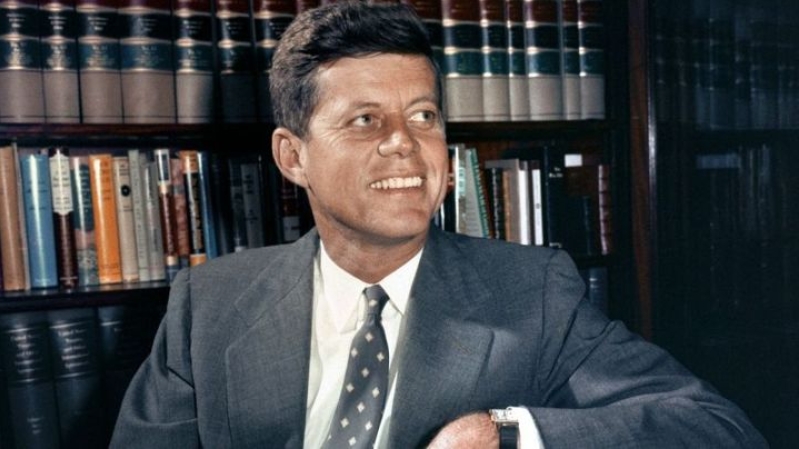
If John F. Kennedy had been alive today, he would have already turned a hundred. Yes sir, that is a century of walking around on God’s good earth, which is thirty years more than the threescore and ten years that was mentioned in the Bible. This Memorial Day, why not take some time off and reflect on your life, the goodness of God in your family, as well as what kind of legacy did President John F. Kennedy leave behind as the 35th President of the United States of America?
His life was unfortunately cut short in November 22, 1963, when traveling on an open top vehicle, he fell victim to the bullets of a certain Lee Harvey Oswald. It is interesting to note that John F. Kennedy has continued to remain popular with the masses after all these years, despite having a mixed legacy during his tenure as the most powerful man on earth. According to Michael Hogan, author of ‘The Afterlife of John Fitzgerald Kennedy: A Biography’, he shared, “President Kennedy and First Lady Jacqueline Kennedy worked hard to construct a positive image of themselves, what I call the Kennedy brand. And because history is as much about forgetting as remembering, they made every effort to filter out information at odds with that image.”
Here are some information and history concerning John F. Kennedy for easy reference and remembrance, assuming you are not a history buff who has everything down pat already. The would-be president of the US was born on May 29, 1917 in Brookline, Massachusetts to a certain Joseph “Joe” Kennedy and Rose Elizabeth Fitzgerald Kennedy. When he was 23 years old, Kennedy graduated cum laude from Harvard College with a Bachelor of Arts in government. During World War II, within the 1941 to 1945 time window, Kennedy was the commander of three patrol torpedo boats in the South Pacific. One of these patrol torpedo boats happen to be the PT-109 which ended up in the depths of the Pacific Ocean due to intervention by a Japanese destroyer.
During the peaceful rebuilding period after the war in 1946, Kennedy was elected to Congress for Massachusetts' 11th congressional district, where he served not one or two, but three terms. In 1952, he was then elected to the U.S. Senate to represent Massachusetts. A year after the U.S. Senate election, Kennedy married beauty Jacqueline Bouvier, who was a writer with the Washington Times-Herald. He was not only a leader on the field, he was also quite the author having published a book titled “Profiles in Courage”, which picked up the Pulitzer Prize in 1957.
History was made in 1960, when Kennedy was elected to be the President of the United States. The high point? He was the youngest person elected to become President of the United States, and not only that, he was also the first Roman Catholic president in office. He had a direct hand in the creation and launch of the Peace Corps, and he also tangled against Cuba, having approved the failed Bay of Pigs invasion in April 1961 that was meant to see now deceased Cuban leader Fidel Castro ousted from his position of safety. Not only that, Kennedy led the nation through the Cuban Missile Crisis, which has been regarded by many to be one of the most crucial periods of the U.S.’s Cold War with the Soviet Union.
Not only that, Kennedy was instrumental in pushing Congress to give their nod of approval so that over $22 billion can be released for Project Apollo, where the main aim is to see an American land on the moon before the decade came to an end. It is a pity that he did not live to see that day arrive though.
What are some of your favorite or most enduring memories of John F. Kennedy?






